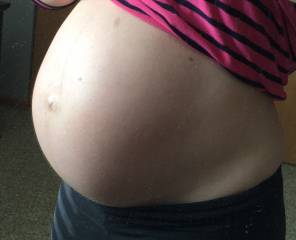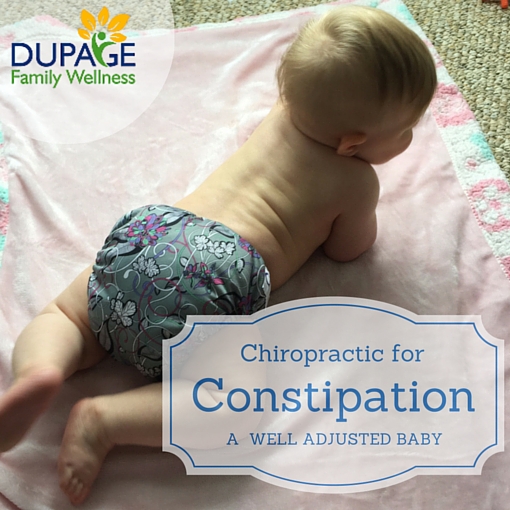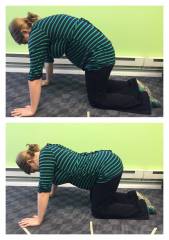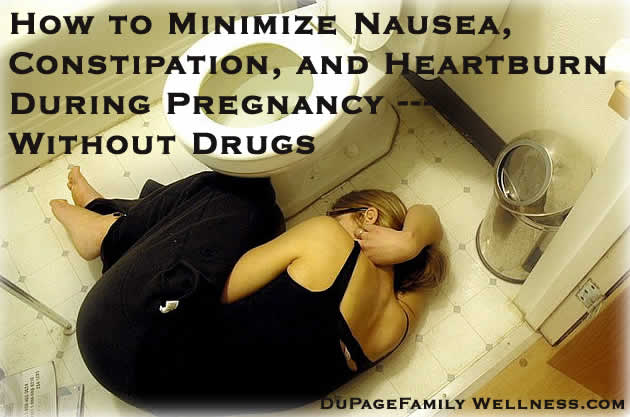While this is an article for those of us who are or are thinking about becoming pregnant, it is also important for EVERYONE to read! Most people suffer from some sort of skin condition over the course of their life. This could be anything from acne, to dry skin, to rashes, to psoriasis.
If you watch the news or commercials, you probably think that the only way to combat these problems is with the latest and greatest cream, lotion, steroid, antibiotic, or miracle product. This could not be further from the truth!!! Our skin is a reflection of what is going on under the surface in our bodies.
If we have been eating an inflammatory diet (processed foods, refined sugars etc), this will likely lead to skin reactions! Remember, these inflammatory foods include many items often touted as “Healthy” such as skim milk, low fat yogurt, granola bars, and pretzels. Food is the only fuel that our cells have- and the skin is made of layers of cells! If we aren’t nourishing our bodies with good food, our skin cells are going to reflect that! As they say- you are what you eat! If you need a reminder of what these “good foods” are- check out the first article in the series here!
 Growing Belly- Still stretch mark free at 38 weeks!
Growing Belly- Still stretch mark free at 38 weeks!
My Top Rule of Skin Care- If I wouldn’t put it in my mouth, I won’t put it on my skin! Just like when I am in the grocery store, I READ THE LABELS. If a product is made of all sorts of processed chemical ingredients that I can’t pronounce or wouldn’t eat, why would I want to absorb them through my approximately 35 billion skin cells!
One of my favorite quote’s about skin care come from the book “Skintervention” by Liz Wolfe NTP. “Beauty starts from the inside and good nutrition is absolutely critical to healthy skin. Anyone who tells you differently, or claims you can beautify or heal your skin or body without good nutrition is absolutely wrong- and probably trying to sell you a product line.”
Stretch marks-
Stretch marks occur when the body is growing faster than the skin can keep up with. Clearly this is happening with a rapidly expanding belly during pregnancy, but is there anything you can do about it? Many studies have shown that belly creams, salves, and balms do not cause a reduction in stretch marks! While many sources say that it is all about having good genes and good luck, I truly believe there are things that you can do to improve the elasticity of your skin. These involve giving it the proper nutrients that it needs to repair and stretch quickly.
Which foods in particular would do this? Foods that are high in collagen (bone broth!), foods high in vitamins A, C, and E, and having a balanced omega 3 to 6 ratio! So what should you be eating? Homemade soups! Gelatin! Nutrient dense good sources of proteins, fats (especially fish for the omega 3s), and lots of multi colored vegetables! Remember, just because you are taking a prenatal vitamin, doesn’t mean that you are off the hook in terms of getting your body and your baby good dense sources of nutritious wholesome food. You can’t supplement yourself out of a bad diet! Staying hydrated throughout pregnancy is also important.
Dry Brushing-
Another thing that you can do to help prevent stretch marks is Dry Brushing. Basically all you do is take a brush made of natural fibers such as this, and brush your dry skin before showering from your fingers and toes toward your heart. This stimulates the lymphatic system to promote drainage, and to help with detoxification. Here is a video that shows how to do it and explains it in a little bit more detail! As an added bonus, doing this also helps to reduce cellulite!
Dry skin-
My advice here is going to be very similar to my advice for avoiding stretch marks. Dry skin during pregnancy can be caused by dehydration, or because nutrients that you normally get are going to the baby. Eating a healthy diet is so important during pregnancy especially because your body is going to prioritize the baby. They baby will get what it needs to grow and thrive- but if there are gaps in your nutrition, you will be the one that takes the hit for it.
Specifically, if you are suffering from dry skin, make sure you are eating enough fat! According to this article, when the skin feels dry, it often means that there is an imbalance or deficiency of fats (and often too high an intake of carbohydrates). Now this isn’t just any old fats we are talking about. Make sure they are the good sources from animals and plants- think coconut, avocado, fish, butter, etc. (and not trans-fats or highly processed fats make in a factory).
Acne-
There are several causes of acne. It is an inflammatory condition, so putting all of the “good things” into your body, and avoiding the processed junk to reduce inflammation is once again crucial.
Most people associate acne with the teenage years when our bodies are going through significant hormonal changes. Unfortunately, pregnancy is another one of those times in life where our hormones are often shifting quite a bit, and for some people, this can mean increased acne or skin breakouts. For others, they actually notice their skin clearing up.
Your hormone levels fluctuate quite a bit during pregnancy, and for some people it seems like some amount of skin breakouts are inevitable. My advice for you would be to do what you can to keep your inflammation levels in your body down (which can have a HUGE impact), and try not to worry about the hormonal skin changes.
Common Misconceptions about acne
1. I have skin problems because my body isn’t clean-
Blemishes occur because of internal imbalances. Ask anyone who has struggled with acne- I bet they will tell you that washing their face more and more doesn’t help- and could actually make it worse
2. I need to use expensive products to have great skin-
Your skin is a living organ (the largest organ in the body actually). It will is not just a barrier, but it will absorb everything you put on it. If you are putting all sorts of products on it with long names that you can’t pronounce, it will absorb those too! There is an AWESOME book all about this called Skintervention by Liz Wolfe, and in this book she recommends 3 simple and natural products for skin care (along with healthy diet and lifestyle). These are Baking Soda (aluminum free), Apple Cider Vinegar, and Coconut oil. You can read all out how to use these products in the book! When you are thinking about what to put on your skin, the first question I ask, is “would I eat this?” because that is virtually what is happening through the absorption process. If the answer is no, why would you want to slather it on your skin to get absorbed?
3. If I have problem skin, I should never use oil on my skin.
Putting something like natural coconut or olive oil on skin can actually help to balance out the oils on your skin. Remember, your skin is going to take in whatever you rub on in it. It is very good at trying to do a balancing act however, so adding oil to your skin can make it produce less oils on its own.
Give yourself Grace-
I wish I could guarantee that by following our advice, you wouldn’t get any unpleasant symptoms during your pregnancy, but that is simply not always the case. It is important to realize that during pregnancy that there is a lot going on in your body. You can’t always control everything. If you are doing what you can to eat as healthy as you can, get sleep, reduce stress levels, and move your body, give yourself grace and accept that your body might do some funny things that are out of your control. Enjoy the ride, and try not to sweat the small stuff!
Article by Jamie Thomure, DC
 Most people think of a chiropractic adjustment as a treatment to relieve back pain. Did you know that infants can benefit from chiropractic care??
Most people think of a chiropractic adjustment as a treatment to relieve back pain. Did you know that infants can benefit from chiropractic care??





 Before we get into the specifics of pregnancy and digestion, for anyone wanting a healthy pregnancy, first following the diet and lifestyle components that we discussed in the
Before we get into the specifics of pregnancy and digestion, for anyone wanting a healthy pregnancy, first following the diet and lifestyle components that we discussed in the 